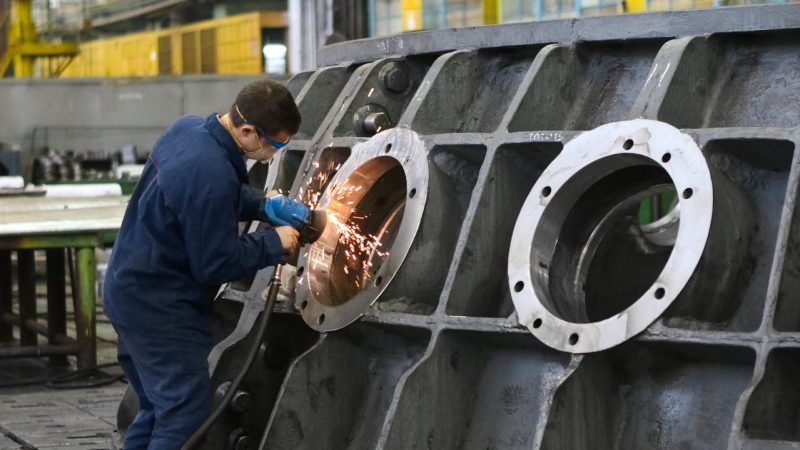Budgeting Tips For Home Improvement And Maintenance

After spending thousands on a down payment and closing costs on your home, you want to know what it will take to keep the place in good shape for many years to come. You have a vested interest in your newly purchased home.
When working your monthly budget, it’s vital that you know what to expect in terms of home improvement or maintenance costs. Saving for big-ticket issues like slab foundation repair, for example, will help keep your finances level in the event of an emergency cost.
Take a moment to look at a quick summary, featuring some budgeting tips that will help you keep up with your new home’s improvement and maintenance needs.
Set up a space in the budget
Create a section of your monthly budget aimed towards saving money for emergency home repairs. If a tree comes through the roof in the middle of the night, you want to know that the hole it leaves can be quickly repaired.
Even if you can only save $50 a month, you’ve got something to fall back on in an emergency situation. It costs money to keep your shelter safe and maintained, so there’s no reason it shouldn’t be a regular part of your budget.
Learn about your home’s equity
If you have an issue to address in a time when you have no funds to spare, you may want to consider the benefit of a home equity loan. If you’re not fully in the know on how they work, take the time to dig up some pinpointed information on the process.
Your home’s equity is based upon the estimated worth of the property. If you have done home improvement and upgrades since you bought the place, you’ll have some good equity built up in your investment.
Factors to consider when budgeting
When you’re budgeting for home maintenance, there are several common things homeowners should consider. Pest control is one priority you shouldn’t leave out of the budget. You may also want to add the cost of lawn services to your calculations.
Practice the 1% rule
The 1% rule states that homeowners should save at least one percent of the purchase price of their home every year for regular maintenance costs. There are exceptions to the rule, but setting up a status quo for your savings will help to build a culture of financial health for your household.
The square foot rule
The square foot rule is another good way to gauge how much money you should put back for home repairs annually. Save a dollar per every square foot for maintenance and repair costs, and you’ll have a cushion of financial protection in place should you experience unexpected repairs.







